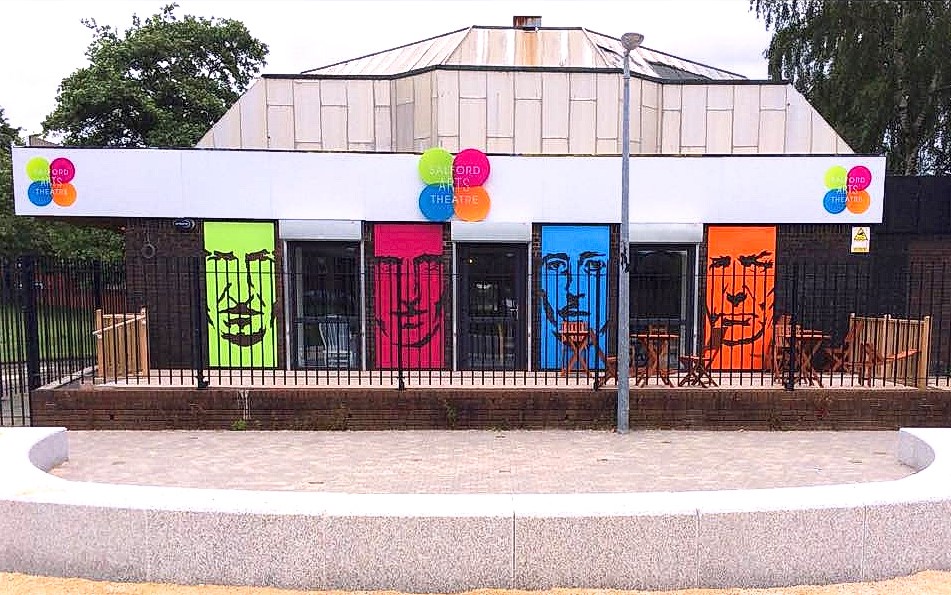
A very strong third act, two opposingly charismatic performances and an uncanny realistic mood makes ‘Please Let Me Get What I Want’ an exhilarating play.
With only two actors, this 90-minute production by Libby Hall is a tad too long, but due to intriguing, timely material, including adroit plots twists, and an unmatched honesty to the young characters, the play was overall ambitious, sophisticated, and smart.
The boldest part of Please Let Me Get What I Want (PLMGWIW) is its sustained lack of optimism. The simple plot structure is clearly laid out at the start by 21-year-old writer Libby Hall: a specific story about the decline of two boys at the cusp of adulthood who, by circumstance, both fail to become men. In lesser hands, there would have been self-help mantras or any other patronising or clichéd account of what life in poverty is like but here, with highly talented actors with contrasting stage charisma as well as strong writing, the play had something original and relevant to say.
Hall’s strong vision is authentically new precisely because it’s written in a naturalistic no-frills way. A play about the bread line, with only a few influences such as Blood Brothers, PLMGWIW’s gripping and interesting perspective highlighted the ‘me, me, me’ culture that bankrupts even those who have previously experienced poverty. Hall and Director, Roni Ellis’, production was at its smoothest, most realistic, and enjoyable when the actor’s chemistry sparked, mostly in disagreement, from sharp lines which sounded like they came from the collaborative writer-actor process. This casual rapid dialogue is easy to follow yet importantly unpredictable and resulted in enviably effortless contemporary youth speak.
Suspense was built throughout the play through several high stakes, yet, as the character’s future had been revealed at the beginning, the tension and fear of witnessing the intersection of violence and poverty was underdone. The play was also better when it was clearly a modern personal tragedy, a snapshot of only two people, but, by achieving these dramatic deteriorations, a part of the character’s three-dimensionality was sacrificed.
Hill and Purcell displayed terrific performances, particularly in how their acting began to introduce new elements, including a male confidence gap which would have broadened the play’s social commentary. The existing level of multiple interpretations needed to be further applied specifically to the social commentary about whether a lack of family support is the root of future deprivation. This would have made it clearer that the message here is an explicitly non-exhaustive portrayal of how relative, abject, and social poverty can be cemented over a lifetime, categorically not due to clear-cut choices.
“Look where I am now” said bitingly at the end, would have been a fitting alternative title, a comment about the central abusive friendship and the disparaging way society treats those who come out at the bottom of the social lottery. The ending where the narrative split into two different political viewpoints and the characters did not get what they wanted is excellent. As shown by this triumphantly well-made ending, even more so with a general tightening up, Please Let Me Get What I Want is a force of realism capable of challenging minds.















Recent Comments